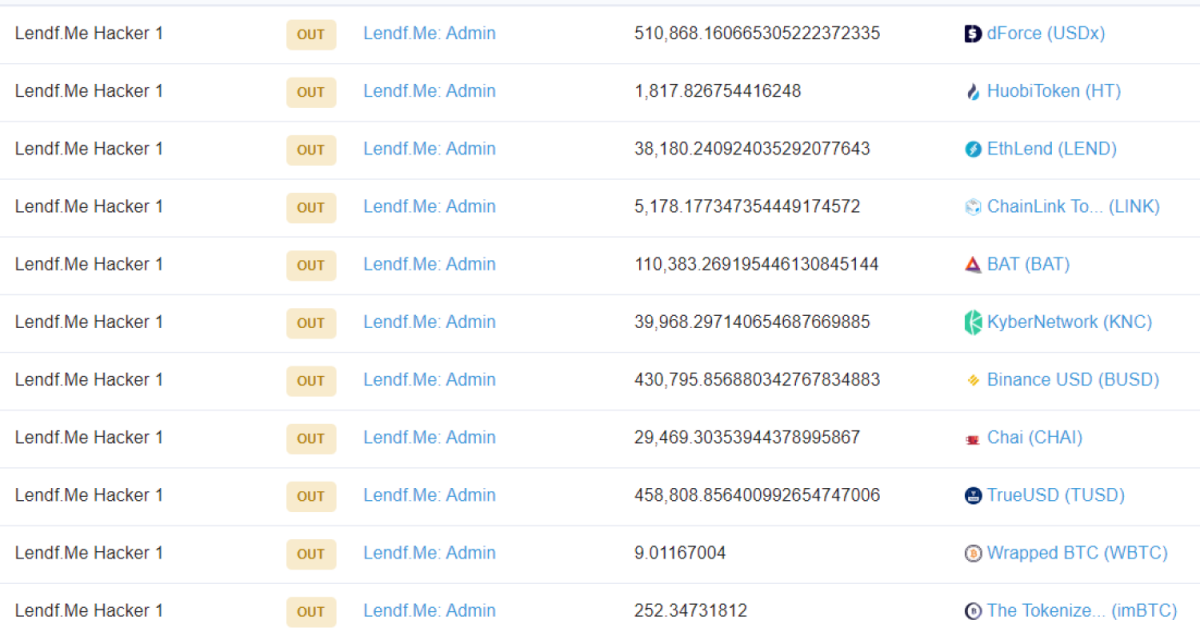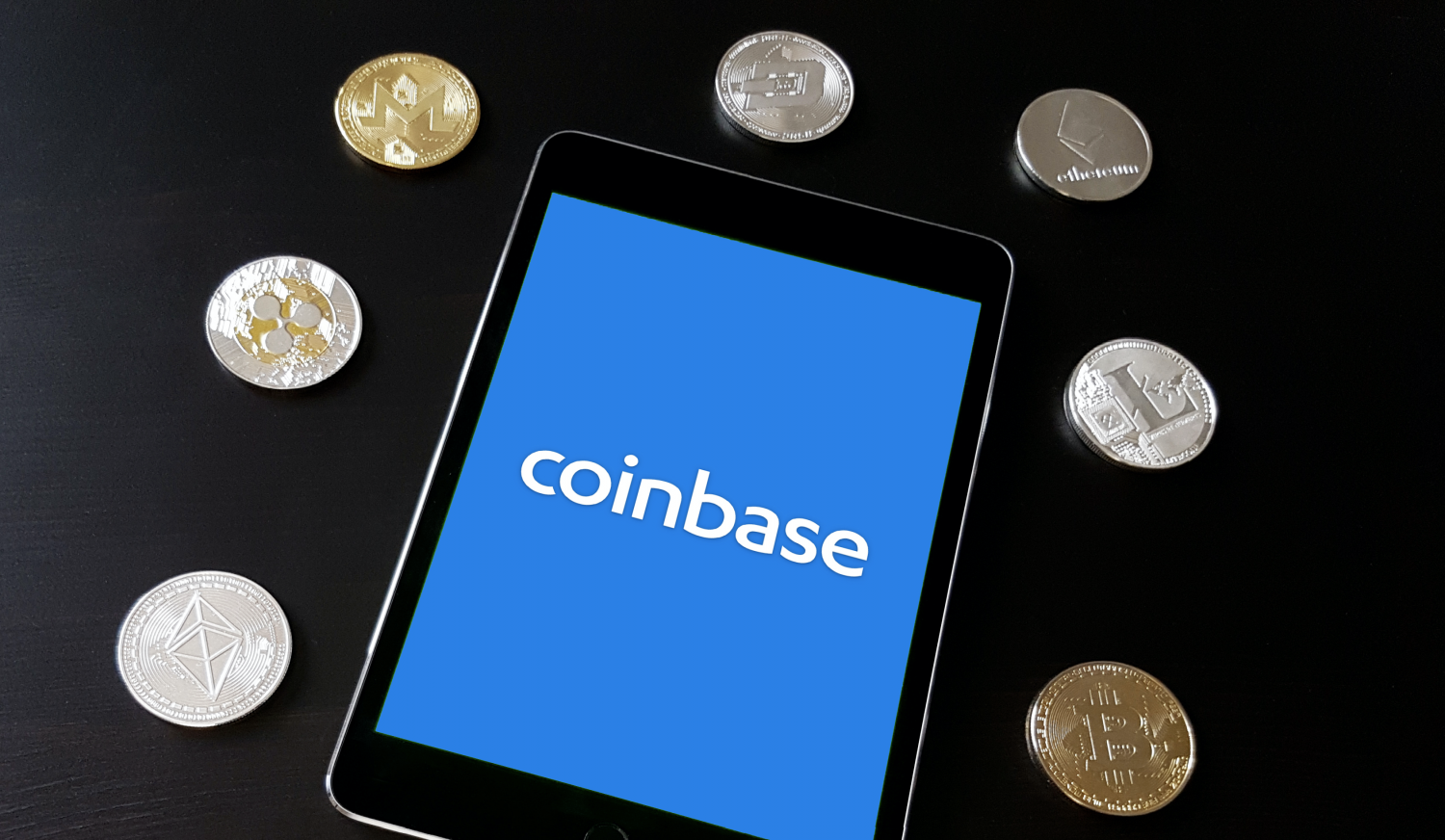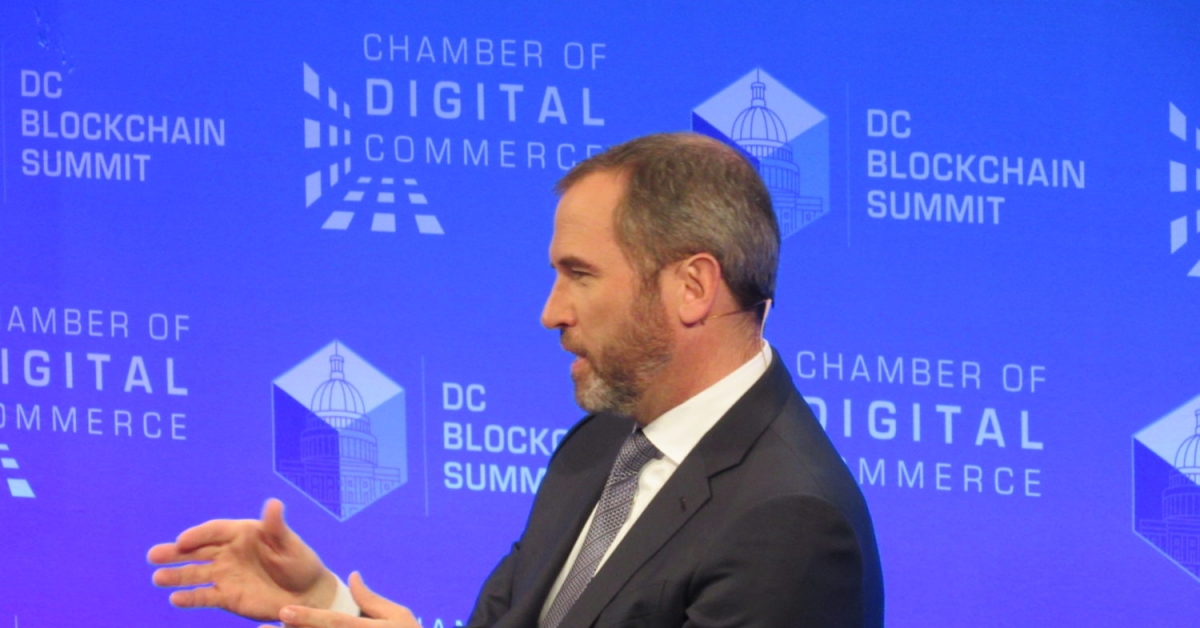IDEX Plants a Flag for a Multichain Future, Beginning With Binance Chain and Polkadot
IDEX Plants a Flag for a Multichain Future, Beginning With Binance Chain and Polkadot
IDEX is betting three chains are better than one.
The non-custodial cryptocurrency exchange, whose operations run on the Ethereum blockchain, announced Tuesday it plans to expand to the Binance Smart Chain and Polkadot networks. Hence, every holder of IDEX’s Ethereum tokens will get an equivalent number of IDEX tokens for each of the new chains.
“If you think about it from a business perspective for us, we’re thinking about, where can we give customers new networks to trade?” IDEX CEO Alex Wearn told CoinDesk in a phone interview.
While it remains to be seen whether volume on the new smart contract chains can ever compete with that on Ethereum, IDEX is taking these measures “so we can put a stake in the ground and plant our flag early,” Wearn said.
The new tokens will be distributed on Dec. 7 and IDEX holders will need to claim them promptly or they will revert to a community fund whose use will be determined later. Wearn said he expects IDEX trading to go live on the new chains early in 2021, optimally both in the first quarter.
IDEX aims to be a non-custodial exchange that can compete with fully centralized ones. To that end, it takes a hybrid approach where it centralizes trade executions and decentralizes settlement and storage. Wearn said its design reflects a commitment to keeping user assets out of IDEX’s control.
The design is also meant to offer many of the features that centralized exchanges can but decentralized exchanges (DEXs) so far largely cannot, such as high-speed order matching. (IDEX tokens are used for staking by the nodes that validate transactions on the exchange’s off-chain ledger; validators are paid for their work in additional tokens, and can lose their stake if they misbehave.)
The company intends to expand to other chains as it makes sense to do so, but is starting with Polkadot and Binance Smart Chain because both are fully compatible with the Ethereum Virtual Machine (EVM).
More details remain to be worked out for Polkadot than Binance Smart Chain. On the latter, Panama-based IDEX is basically ready to go, with some details on the application side still to be worked out.
To be clear: IDEX’s move does not signal the arrival of seamless trades across chains. A user who wants to trade, say, ether (ETH, the native token of Ethereum) for a token that’s only available on the Binance chain would first need to move the ETH through a “bridge” to the latter.
“Pure cross-chain trading is still many, many years away,” Wearn said.








